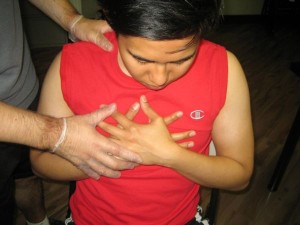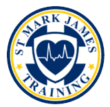Overview Of Angina
- Angina is a condition (a group of symptoms caused by a core health disorder) that is caused when the source of oxygenated blood to the heart becomes limited.
- The most general sign of angina is chest pain, which is generally activated by physical movement.
- Most cases of angina are triggered by atherosclerosis, which is a illness where the arteries become tough and thinner, limiting the supply of blood.
Types Of Angina

The two leading types of angina are stable angina and unstable angina.
Stable Angina
- In instances of stable angina, the symptoms generally develop slowly over time and follow a fixed pattern.
- For instance, you might only see symptoms when walking up stairs or if you are under a lot of strain.
- Symptoms generally only last for a couple of minutes and can get better by taking medicine known as glyceryl trinitrate.
- Stable angina is not fatal on its own. Though, it is a severe warning sign that you have a bigger risk of being subjected to more serious disorders, such as a heart attack or stroke.
Unstable Angina
- In instances of unstable angina, the symptoms develop quickly, can continue even at rest, and can carry on for up to 30 minutes.
- The symptoms of unstable angina might also be unaffected to treatment with glyceryl trinitrate.
- The symptoms of unstable angina can also take place in individuals who do not have a prior history of stable angina.
- Unstable angina should be considered a medical emergency because it is a sign that heart has unexpectedly and quickly worsened, increasing your danger of having a heart attack or stroke.
- Unstable angina can be managed with prescription tablets and surgery.
Related Video On Angina
https://www.youtube.com/watch?v=l5RefHjfcOo
